Science Talk
With our Science Talk blog, we hope to lift the lid on the black box that is the ICR: to show you inside our labs, to introduce you to a few of the people here who make the discoveries, and to allow them to tell some of the stories behind the science. We try to put our discoveries in a wider scientific context, and give an idea of how our science is actually done. We also give you the view from the ICR of important developments in the wider world of cancer research.
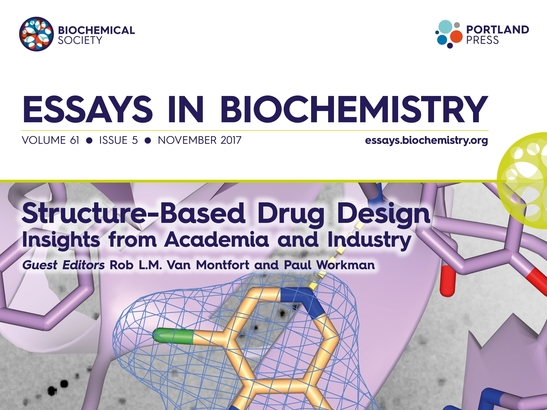
Special journal issue on structure-based drug design, edited by ICR
Professor Paul Workman, the ICR’s Chief Executive, and Dr Rob van Montfort, a structural biologist at the ICR, have guest edited a special edition of the journal Essays in Biochemistry focussing on structure-based drug design, published today. Here, we provide an overview of the issue and introduce some of the key articles it contains.

NCRI 2017: Understanding cancer evolution
Dr Andrea Sottoriva at the NCRI 2017 conference explained what we know about cancer evolution, what we don't know, and what questions we should be asking. Our Science Information and Policy Officer Dr Sam Dick takes a closer look in his latest Science Talk blog.
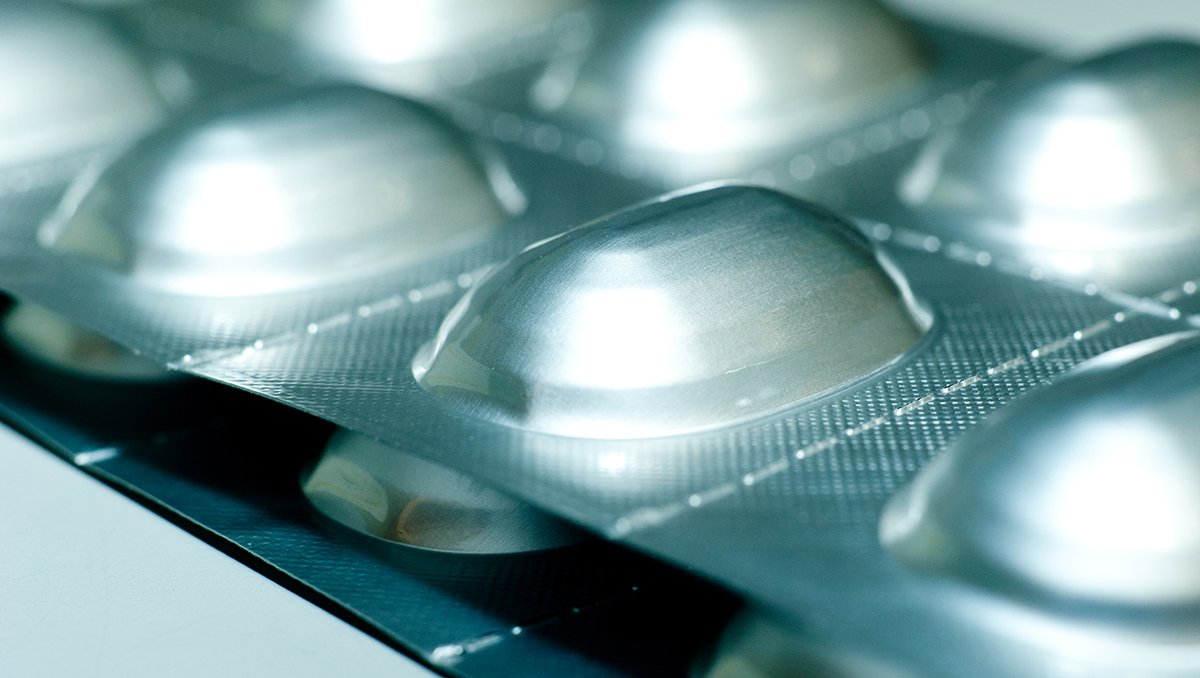
NCRI 2017: How 3D tumour models grown from patients’ cell samples could improve drug discovery
ICR researchers at the NCRI 2017 conference presented new ways of studying tumour cells in the lab to more closely mimic features of cancer in patients. With these new models, they are working to improve drug discovery and help tackle drug resistance.

NCRI 2017: World-class research on show in Liverpool
The National Cancer Research Institute (NCRI) Cancer Conference in Liverpool is the UK's largest meeting of cancer researchers and doctors. The ICR is there and we will be reporting on major findings from the conference and cutting-edge science.
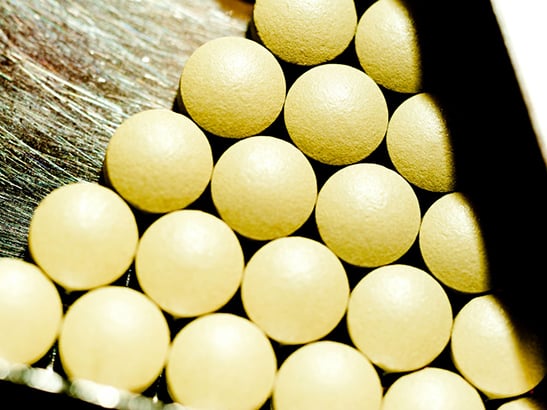
What difference will the Accelerated Access Review make for cancer patients?
Today the Government released its report on how the recommendations of the Accelerated Access Review will be implemented in the UK. Our Science Information and Policy Officer, Dr Sam Dick, takes a look at what this means for the future of cancer treatment.

Premenopausal breast cancer – the challenge of research to help young women
Yesterday marked the end of Breast Cancer Awareness Month. Our Communications Administrator Tilly Haynes explores some of the ICR’s work into premenopausal breast cancer, its associated risk factors and the challenges researchers face.
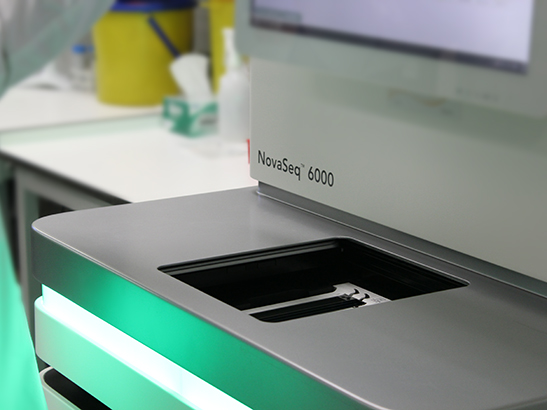
How our cancer tech is fighting drug resistance
Our scientists are pioneering research that could help solve the challenge of drug resistance. Cancer is able to resist treatments by evolving over time, and picking up genetic changes that provide immunity to drugs. It is the biggest challenge in cancer research and treatment.
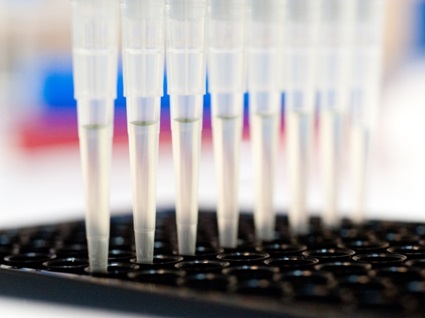
Innovation in research provides benefits to society and the economy… but how do we measure it?
Dr Angela Kukula, the ICR’s Director of Enterprise, says that innovation in academic research is key to unlocking benefits to society and the economy – but cautions that measuring it is much trickier than just counting patents or profits.

Evidence vs access – addressing the balance in assessing new cancer drugs
A study in the BMJ last week has opened up a debate over the level of evidence needed before a drug is made available to patients. Here, our Science Information and Policy Officer, Dr Sam Dick, takes a look at the study in more detail.
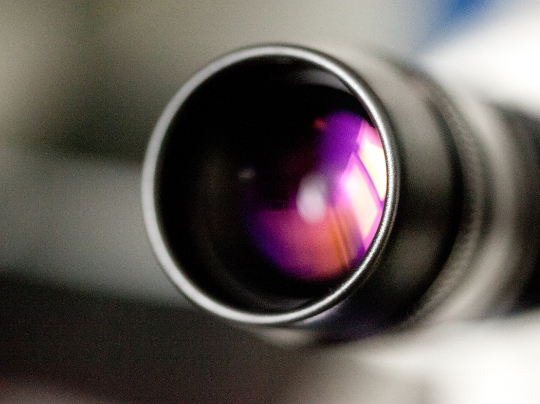
Nobel Prize for Chemistry 2017: how revolutionary cryo-electron microscopy underpins vital cancer research
A revolutionary form of technology has won the 2017 Nobel Prize for Chemistry. Henry French explains how it’s being used in cancer research.

Exploring the future of genomics – the potential of sequencing technologies like NovaSeq
The Institute of Cancer Research is the first institution in the UK to deploy the state-of-the-art NovaSeq genome sequencer from Illumina. We spoke to Nik Matthews, Genomics Manager in the ICR’s Tumour Profiling Unit and a member of the team that sequenced the first human genome, to find out more about this potentially revolutionary platform and explore what the future holds for sequencing technologies like NovaSeq.

Science after Brexit – how will we continue to collaborate with the EU on medical research?
This week the Government released a position paper on collaboration in science and innovation as we leave the EU. Our Science Policy Officer Dr Sam Dick discusses some key points from the paper and what they mean for the future of UK medical research.
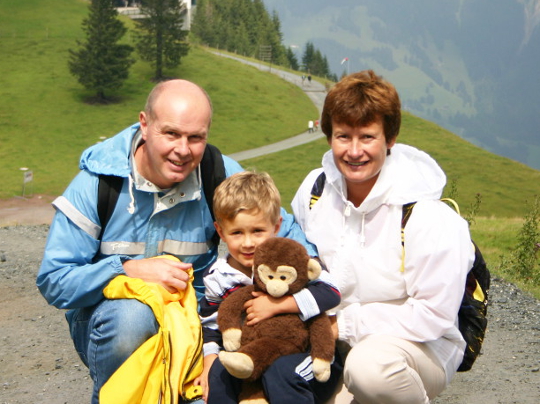
Defeating childhood cancer – fighting on multiple fronts
This Childhood Cancer Awareness Month we’re reflecting on some recent research advances and developments made here at The Institute of Cancer Research, London, and considering what’s needed for continued progress to defeat children’s cancers.
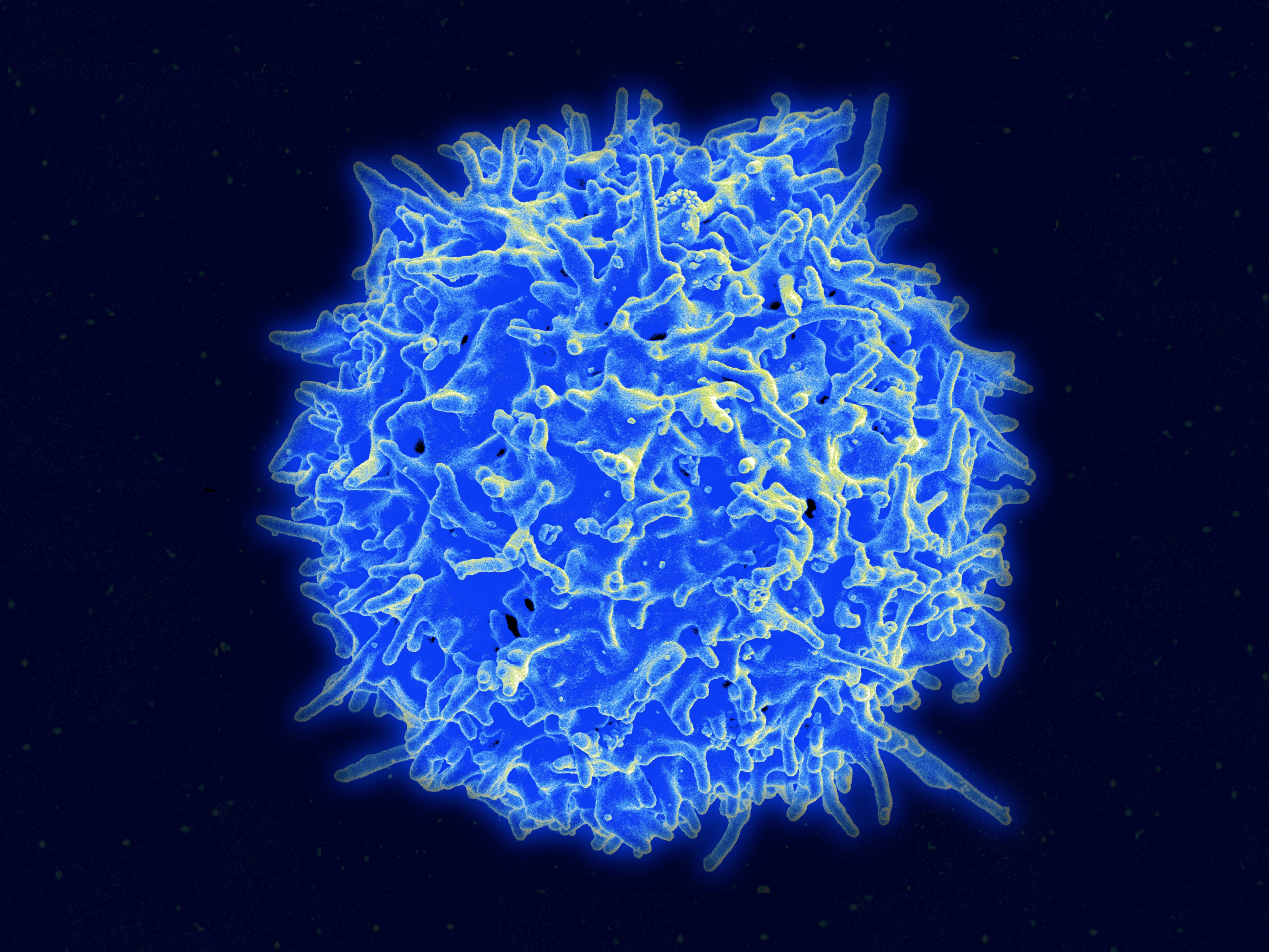
America approves ‘revolutionary’ CAR T cell immunotherapy — what does this mean for cancer patients?
The decision by US regulators to approve this first-of-its-kind treatment has been hailed as ‘historic’ and ‘a new frontier’ in cancer treatment. But how significant is the announcement by US regulators – and will it make-it across the pond?
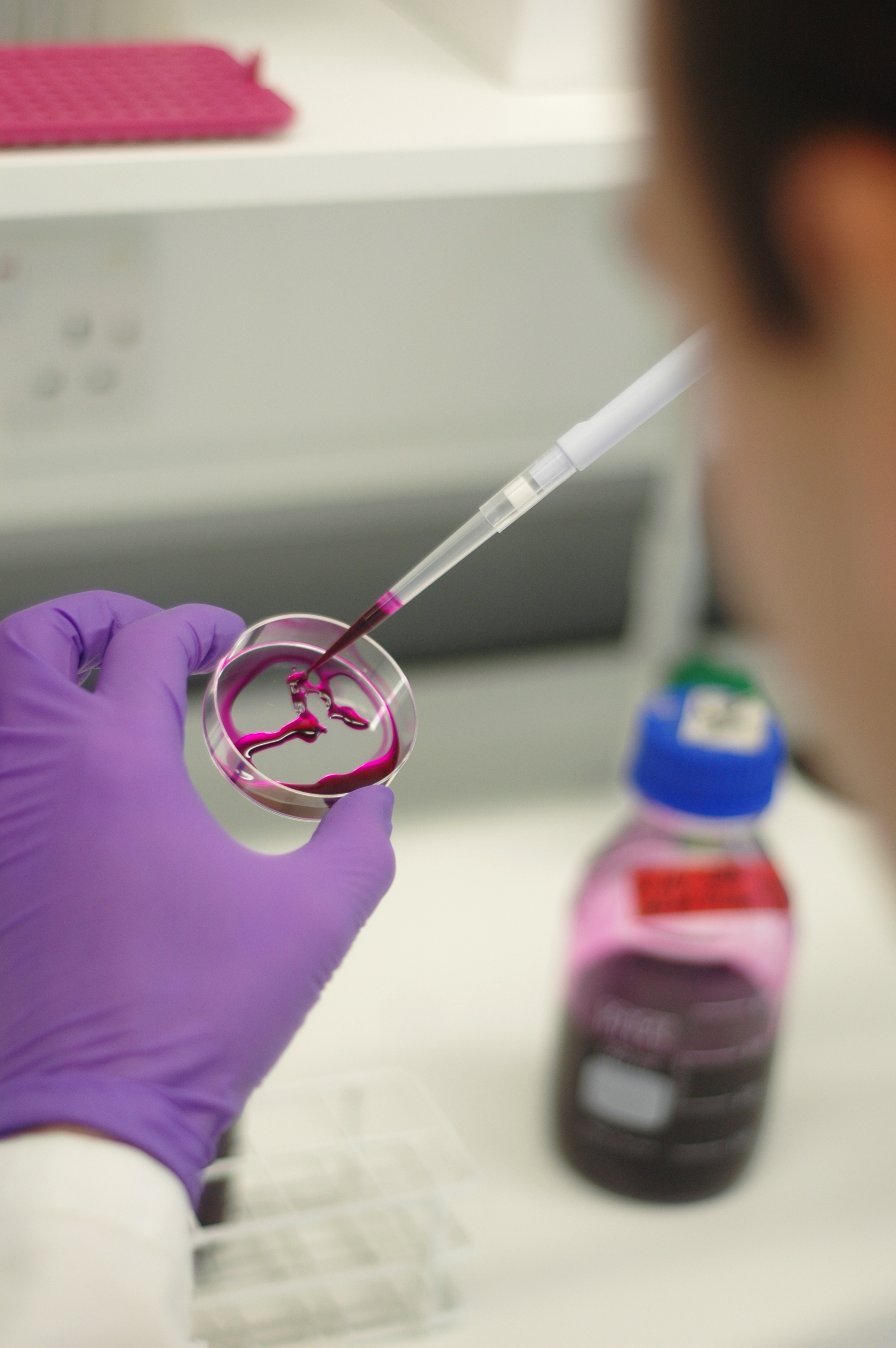
The Life Sciences Industrial Strategy – what does it mean for cancer research?
The outlook for medical research is looking positive this week as the Life Sciences Industrial Strategy is launched in the UK. Our Science Information and Policy Officer Dr Sam Dick considers his five highlights from the report and how these will benefit cancer research.

The next generation – inspiring the cancer researchers of the future
The ICR has published a new guide for young people thinking about their future careers.
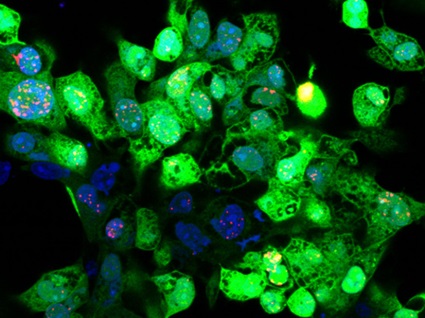
How we’re making radiotherapy a smarter, kinder treatment for cancer
Radiotherapy is a crucial part of treatment for many cancers. Here at the ICR, we’re developing new ways to use radiotherapy to kill cancer cells with fewer side effects and fewer hospital visits.
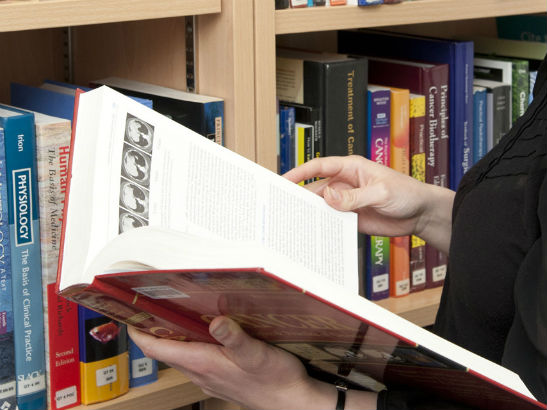
‘Expanding my knowledge’ – a Q&A with one of our MSc in Oncology students
In addition to offering PhD and MD(Res) opportunities, the ICR also runs a popular MSc in Oncology. This course is a day release modular programme designed for medically qualified candidates who intend to pursue a professional career in some aspect of clinical or medical oncology.
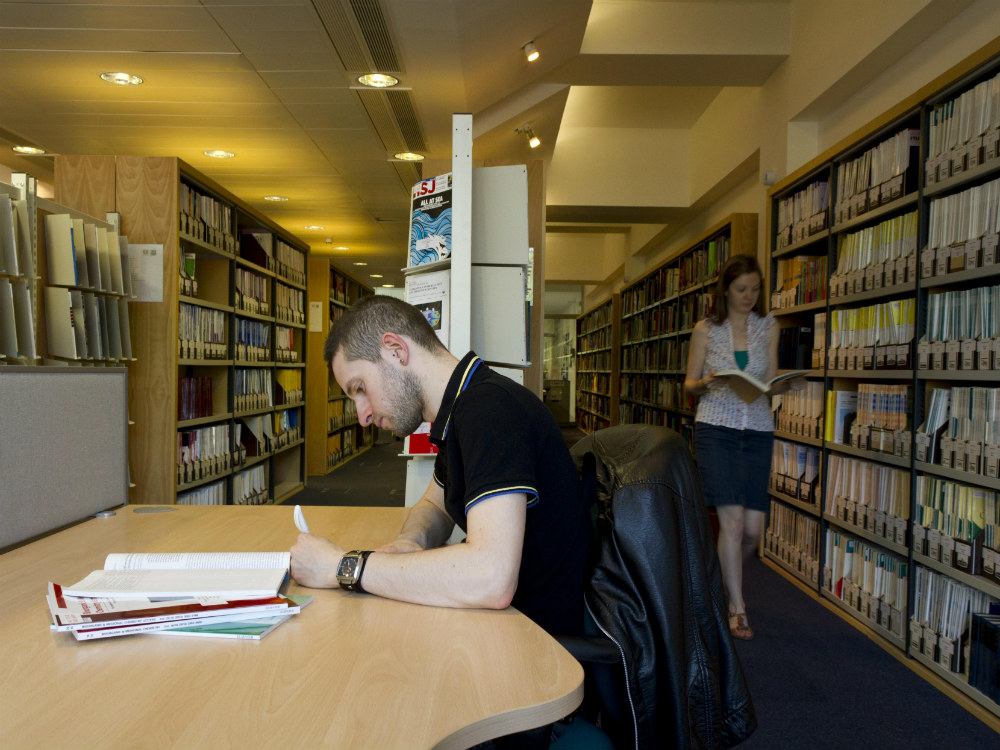
Our teaching excellence – and why we don't feature in the Teaching Excellence Framework results
Dr Barbara Pittam, Registrar and Director of Academic Services at the ICR, explains why as a postgraduate research institute, we do not feature in recent rankings of University teaching excellence – despite our world-leading teaching environment.

PhD students reflect on life at the ICR
We asked some of our talented PhD students to reflect on all aspects of life at The Institute of Cancer Research, London, for our inaugural Teaching Week.